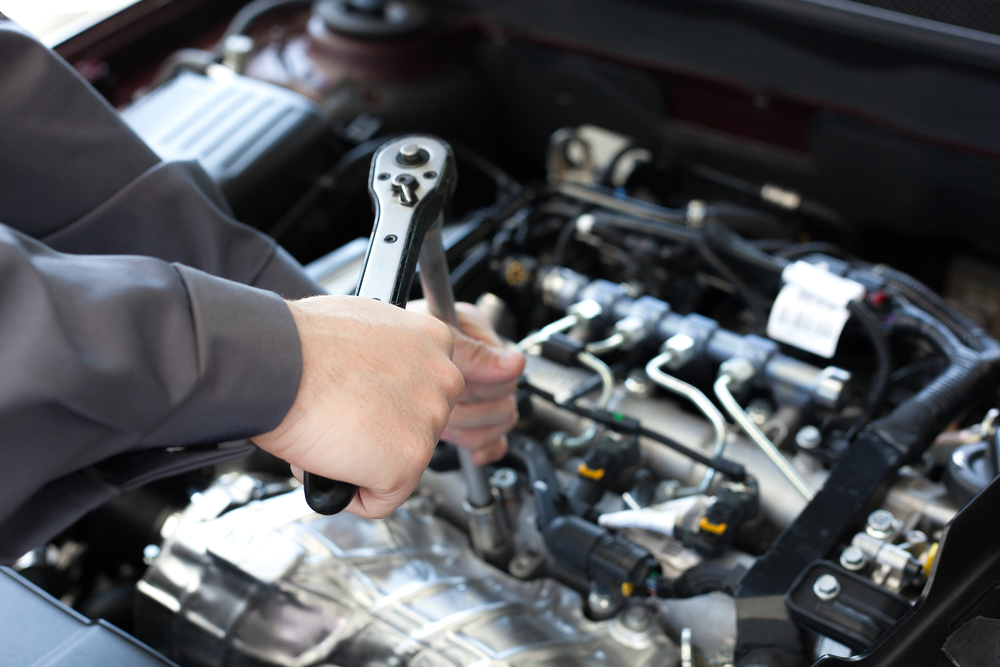
The Illinois House is currently considering a bill that would amend the law to guarantee no vehicular repair business could use parts or procedures that aren’t compliant with original equipment manufacturers — and the legislation has caught the ire of the Motor & Equipment Manufacturers Association (MEMA).
MEMA believes S.B. 2104 would limit the use of quality aftermarket parts by demanding written consent for the use of non-original equipment following crashes. In a letter to Illinois General Assembly House Labor and Commerce Committee Chairman Marcus C. Evans, Jr., the association said as much and added that such actions would be detrimental to the automotive aftermarket manufacturing industry — a $305 billion industry.
“The language in S.B. 2104 discourages the use of aftermarket replacement parts for motor vehicles,” MEMA’s letter stated. “If this bill passes, consumers will be faced with higher repair costs and fewer repair choices, and manufacturing jobs would suffer due to less demand for aftermarket products. By requiring written consent for the use of non-original equipment aftermarket crash parts, this legislation discourages the use of quality aftermarket parts. This is not only harmful to the industry and consumers but ignores the value and benefit of aftermarket motor vehicle components. Additionally, this legislation in its current form would create confusion for automobile owners, as the bill does not clearly define OEM repair procedures.”
The bill approaches the issue from several fronts. It amends the Illinois Insurance Code, Automotive Collision Repair Act and Consumer Fraud and Deceptive Business Practices Act. In so doing, it would mandate that no vehicle repair facility or installer could use repair specifications or procedures not compliant with original equipment manufacturers. It would also require that no vehicle repair estimate may utilize non-original equipment manufacturer aftermarket crash parts — unless authorized by the customer in writing — and that no vehicular services could advertise such services as factory authorized unless those repairs meet original equipment manufacturer specifications overseen by the Automotive Collision Repair Act.